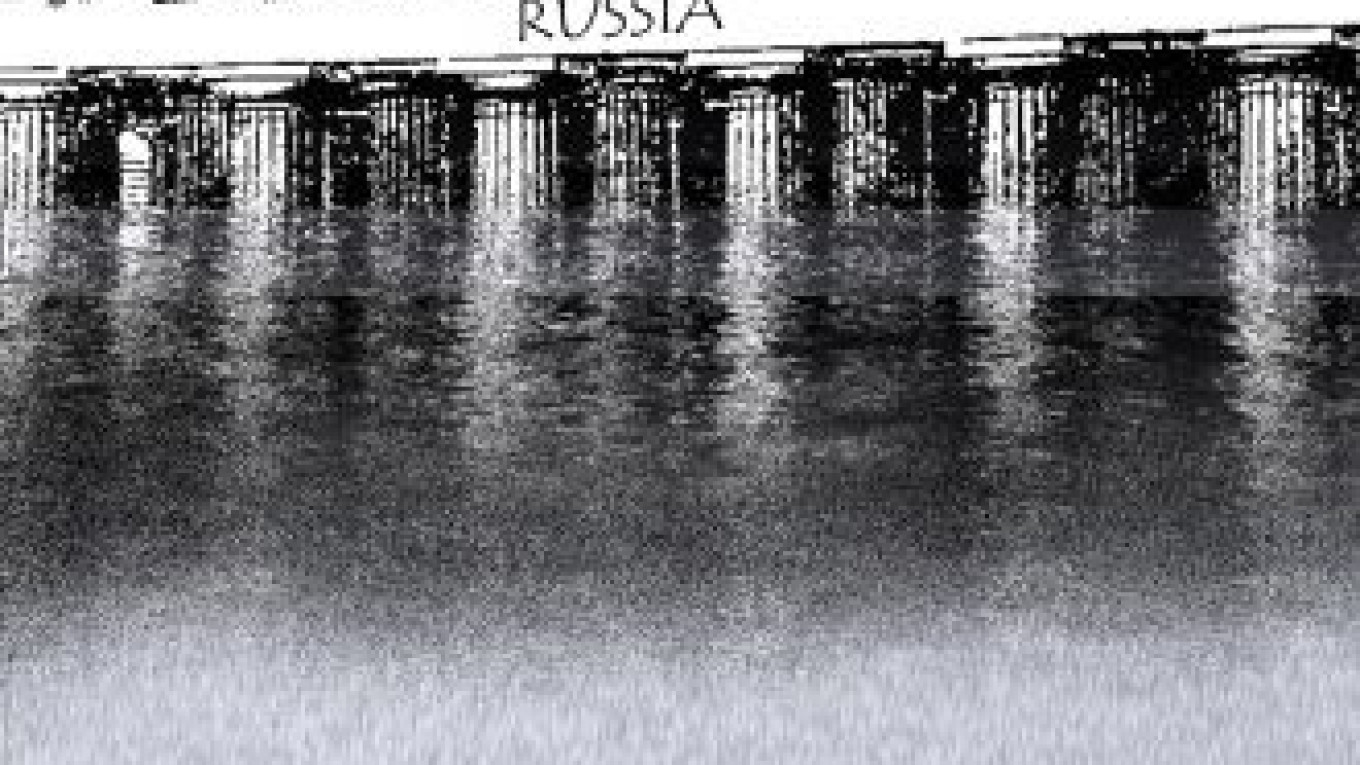President Dmitry Medvedev’s ambitious modernization goals remind me of former Soviet leader Mikhail Gorbachev’s perestroika. In fact, we are now at the two-year mark of Medvedev’s program, and if you look at where Gorbachev’s program was two years after it was initiated, you will see an amazing parallel — both projects amounted to little more than hype and empty slogans.
Many parallels have been drawn between Russia and the Soviet Union. United Russia has replaced the Communist Party of the Soviet Union, and the State Duma has taken the place of the Supreme Soviet. Much like in the old days, opposition rallies are dispersed, and the courts rule in favor of the government line.
There are even cases when Russia has outdone the Soviet Union — for example, exports of oil, gas and other raw materials now equal 75 percent of the gross domestic product, whereas under former Soviet leader Leonid Brezhnev the figure was 50 percent. In addition, there are now more bureaucrats in Russia than existed in all of the Soviet Union.
At the same time, Russians now easily travel abroad, information flows freely, Internet access is uncensored, opposition leaders can openly criticize the Kremlin (although their access to the main media outlets is restricted). Moreover, Russians own a total of 1.5 million small and medium-sized businesses, practically all apartments are privately owned, and even the sale of land and construction of private homes is permitted. In addition, in 2008 Moscow had more billionaires — 33 — than any other city, according to Forbes. In short, Russia is a relatively free society with an authoritarian government — a symbiosis impossible from the standpoint of classical Western sociological theory, but one that seems to fit Russia.
The overwhelming majority of Soviets supported the idea of perestroika when it was first introduced by Gorbachev. The problem, of course, is that while they acquired new freedoms, the economic situation got worse with every year of perestroika until the whole system collapsed in 1991. Looking back, the planned economy should have been fundamentally restructured before it collapsed. Gorbachev’s Band-Aid approach was clearly not enough.
Although modern Russia is not a democracy in the Western definition of the term, it is also clearly not a tyranny. Russia is a social system that has sprung up in a world driven by materialistic values. Russia chose this path itself, but the current system would probably have failed to take hold in a world less cynical and materialistic than the present one.
Russia could not exist if the Europeans were not willing to buy Russian oil and gas through quasi-criminal intermediaries, without investors eager to pour their money into speculative bubbles in the Russian stock market and without offshore havens through which Russia’s wealthiest businesspeople and officials keep their holdings.
The biggest problem with this system is that it is unable to generate an innovation-driven economy based on knowledge and high-technology. Understanding this fundamental defect, the more-progressive members of the elite declared a campaign for modernization. But the initial steps taken toward this goal demonstrate that, in contrast to the past slogans of perestroika, the new modernization call does not motivate anyone. Deeply mired in the complacency of “stability” — or stagnation, as many would call it — Russia has no desire to modernize. The country is thus doomed to stagger along in its endless phase of status quo.
Modernization will never replicate perestroika — neither in its initial positive successes, not in its tragic failure. Thus, Russia won’t suffer any great upheavals, but it will never be a great economic powerhouse either.
Vladislav Inozemtsev is a professor of economics, director of the Moscow-based Center for Post-Industrial Studies and editor-in-chief of Svobodnaya Mysl. This comment appeared in Vedomosti.
A Message from The Moscow Times:
Dear readers,
We are facing unprecedented challenges. Russia's Prosecutor General's Office has designated The Moscow Times as an "undesirable" organization, criminalizing our work and putting our staff at risk of prosecution. This follows our earlier unjust labeling as a "foreign agent."
These actions are direct attempts to silence independent journalism in Russia. The authorities claim our work "discredits the decisions of the Russian leadership." We see things differently: we strive to provide accurate, unbiased reporting on Russia.
We, the journalists of The Moscow Times, refuse to be silenced. But to continue our work, we need your help.
Your support, no matter how small, makes a world of difference. If you can, please support us monthly starting from just $2. It's quick to set up, and every contribution makes a significant impact.
By supporting The Moscow Times, you're defending open, independent journalism in the face of repression. Thank you for standing with us.
Remind me later.


